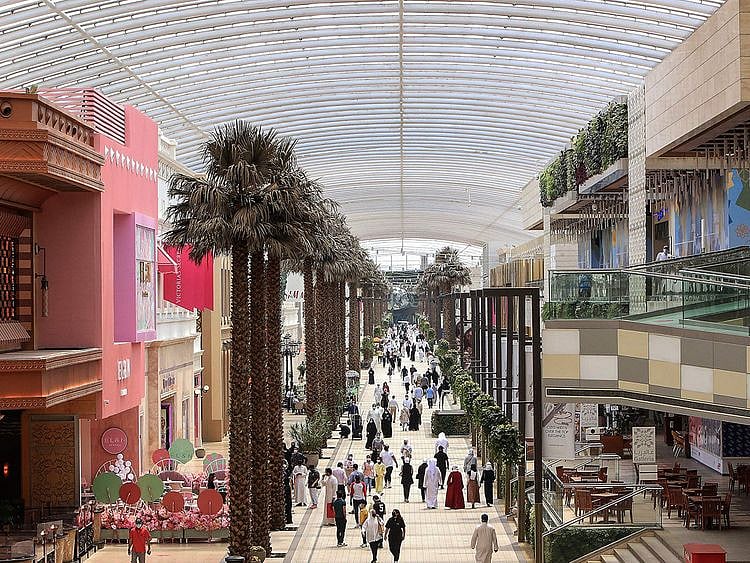Cairo: Kuwaiti authorities plan a tender for providing travel tickets for illegal expatriates being held in detention centres in the country, ending a dilemma of some months for thousands of would-be deportees.
The government Central Agency for Public Tenders has approved a request from the Interior Ministry to launch a tender on tickets for the expatriates, who will be deported from Kuwait to their home countries, Kuwaiti media reported.
In August, a contract of a company tasked with booking deportation tickets for arrested illegals expired with the Kuwaiti government, a situation that has stranded around 3,500 expatriates now in detention facilities, Al Rai newspaper reported last month.
The situation has put a strain on the Kuwaiti Interior Ministry as the number of detained expatriates is on the rise due to an ongoing security crackdown on illegals.
Security sources have put the number of illegals being kept in custody in Kuwait at around 3,500 including 1,300 in the deportation prison.
“Deportation decisions have been issued for all of them, but their departure has faltered because the company is the one responsible for booking tickets for them and collecting the money from their sponsors,” the sources said at the time.
Kuwaiti security authorities have recently stepped up a clampdown on expatriate violators of the country’s labour and residency laws.
Foreigners make up nearly 3.4 million of Kuwait’s overall population of 4.6 million.
In recent months, there have been increasing calls in Kuwait for curbing foreigners’ employment along accusations that migrant workers have strained the country’s infrastructure facilities amid economic repercussions from COVID-19.
Sign up for the Daily Briefing
Get the latest news and updates straight to your inbox
Network Links
GN StoreDownload our app
© Al Nisr Publishing LLC 2026. All rights reserved.
